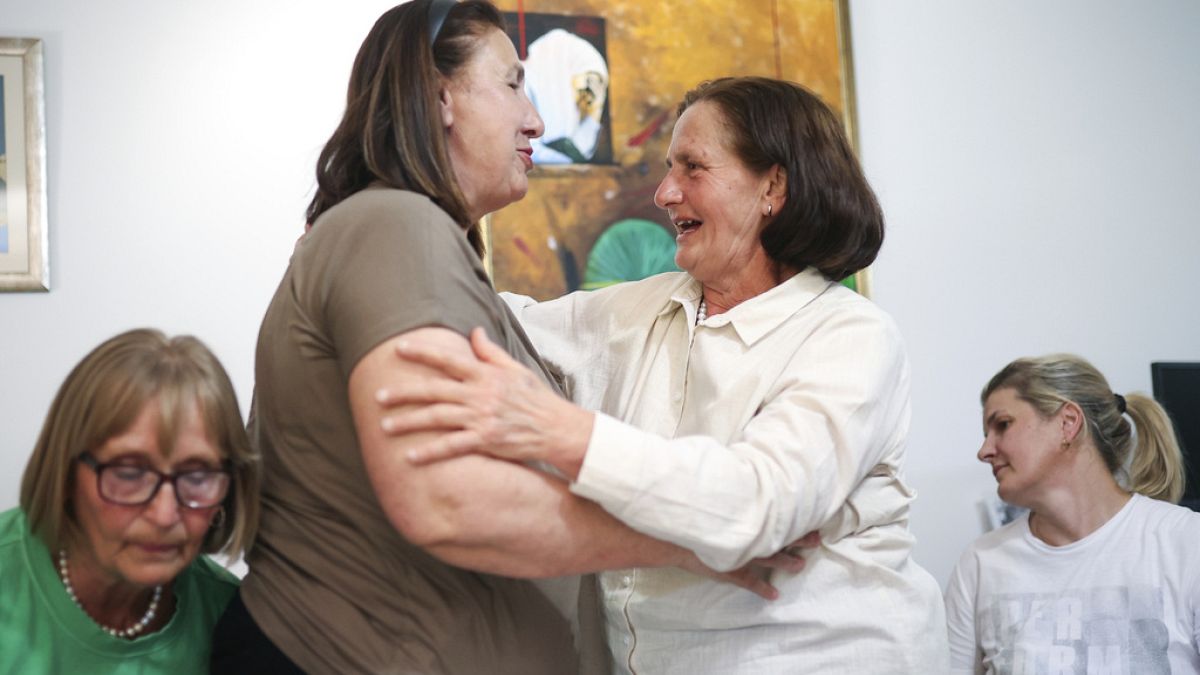The United Nations recently approved a resolution to establish an annual day to commemorate the 1995 Srebrenica genocide, despite facing strong opposition from Serbs. The massacre, which occurred on July 11, 1995, saw Bosnian Serb forces overrun a U.N.-protected safe area and kill at least 8,000 Muslim Bosniak men and boys. The resolution was passed with a vote of 84-19, with 68 nations abstaining. However, concerns were raised about potential impacts on reconciliation efforts in Bosnia due to the division among countries. Although the resolution does not directly blame Serbs for the genocide, there was intense lobbying against the vote by Bosnian Serb President Milorad Dodik and Serbian President Aleksandar Vučić, who fear it will unfairly single out their communities.
The resolution designates July 11 as the “International Day of Reflection and Commemoration of the 1995 Genocide in Srebrenica,” to be observed annually. While some view this as a way to honor the victims of the massacre, others, particularly Serbian leaders, see it as a means to place moral and political guilt on the Serbian and Bosnian Serb populations. The debate and lobbying against the resolution were evident in the General Assembly, where 87 countries either abstained or voted against the resolution. This is seen as a significant victory for the sponsors of the resolution and a step towards recognizing the atrocities committed during the 1995 Srebrenica genocide.
Despite the strong opposition from Serbian leaders, including President Vučić, the resolution’s adoption was welcomed by a variety of groups, including Zeljko Komsic, the Croat member of Bosnia’s tripartite presidency, family members of Srebrenica victims, and various Western and Muslim nations. More than 40 countries co-sponsored the resolution, with the United States being one of them. The U.S. Mission to the United Nations expressed its support for the resolution in a tweet, highlighting the importance of honoring the victims of the genocide and working towards a more peaceful world. Supporters of the resolution, including those who lost family members during the genocide, see this as a step towards seeking justice and remembrance for the victims.
The Srebrenica massacre marked a tragic end to Bosnia’s 1992-95 war, fueled by nationalist fervor and territorial ambitions among Bosnian Serbs, Croats, and Muslim Bosniaks. The brutal events in Srebrenica have been recognized by two UN courts as acts of genocide, despite denials from both Serbia and Bosnian Serb leaders. The International Court of Justice’s determination in 2007 that genocide occurred in Srebrenica is included in the resolution, signaling global acknowledgment of the atrocities committed. Despite the objections raised by Serbian leaders, the resolution represents a significant step towards acknowledging the past and honoring the victims of the Srebrenica genocide.
The vote on the resolution saw passionate arguments on both sides, with Serbian President Vučić warning of potential consequences, including political turmoil and the reopening of old wounds. He criticized the resolution as being highly politicized and accused Germany of trying to impose moral lessons on Serbia and the international community. Serbs fear that the resolution may unfairly stigmatize their communities as genocidal supporters, which could hinder reconciliation efforts in the region. The passage of the resolution, while facing opposition, underscores the collective effort to remember the victims of the Srebrenica genocide and seek accountability for the atrocities committed. The international community’s support for the resolution reflects a commitment to upholding justice and remembrance for those affected by the tragic events in Srebrenica.











